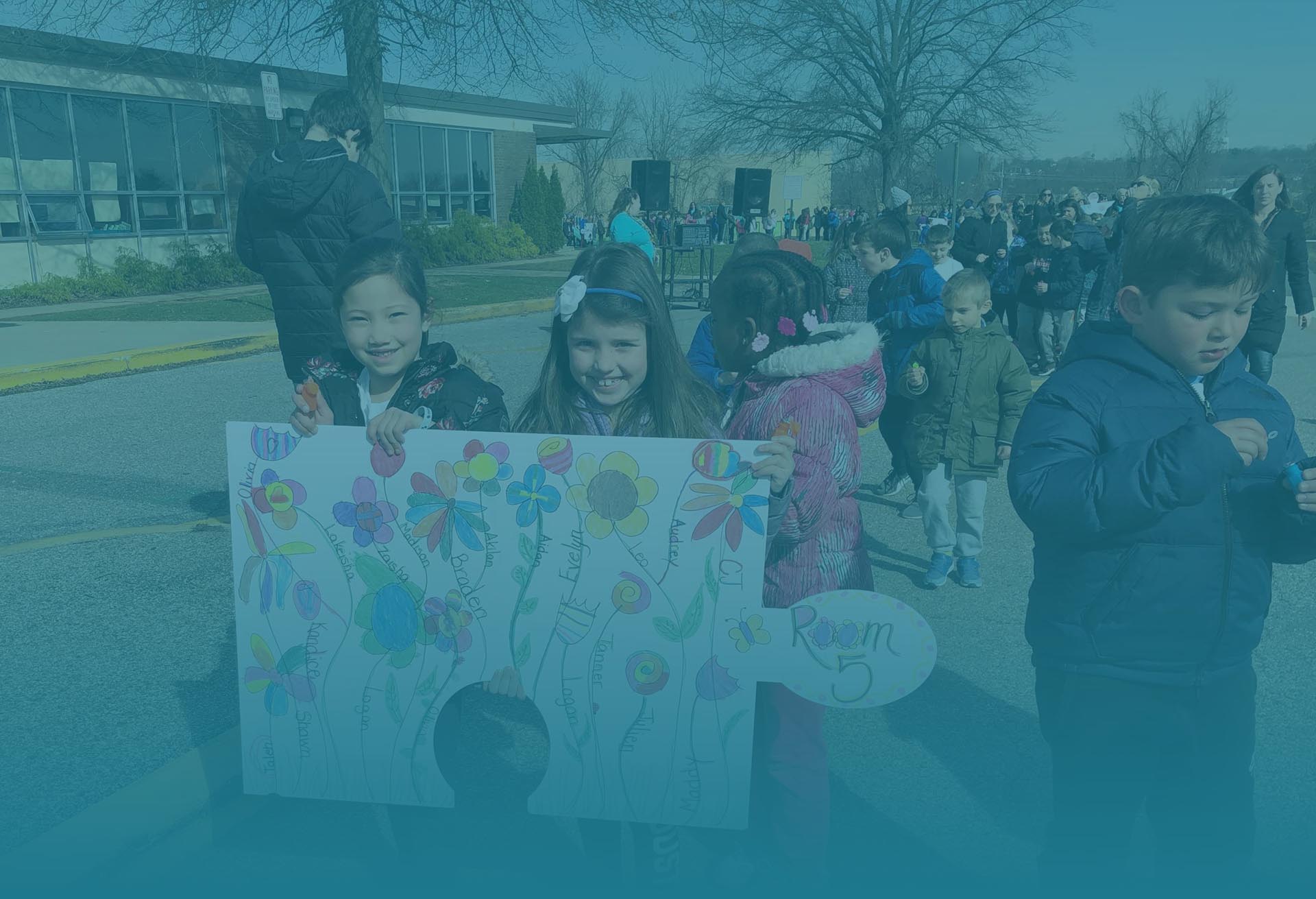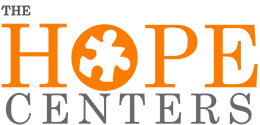
Speech
Therapy
Speech therapy is utilized to teach communication skills. The goal of speech therapy is to improve all aspects of communication.
Speech-Language Pathologists (SLP)
Specially trained professional therapists who have
What do they do?
Speech-Language Pathologists work with children to help them develop and strengthen life-enriching speech and language skills. Speech-Language Pathologists address a variety of needs, which may include:

Speech-Language disorders include:
Articulation and Speech Intelligibility:
Sound production and clarity
Augmentative and Alternative Communication (AAC)
Communication methods used to supplement or replace speech (e.g., sign language, symbol boards, communication devices)
Auditory Processing
Interpreting the information heard
Expressive Language
Communication with words, gestures and/or alternative methods
Fluency/Stuttering
Continuity, smoothness, rate, and effort of speech
Oral Motor
Movements of the muscles in the mouth, jaw, tongue, lips and cheeks responsible for speech and feeding related tasks, such as sucking, biting, crunching, licking and chewing.
Pragmatic Language/Social Skills
Using appropriate communication in social situations (e.g., knowing what to say, how to say it, and when to say it)
Receptive Language
Comprehension and understanding
Voice
Pitch, loudness, and quality of speech
When to seek help?
- Non-verbal (i.e., not speaking)
- Using a limited number of sounds/words
- Making multiple errors in speech
- Difficult to understand
- Not making eye contact
- Stuttering
- Drooling excessively
- Unable to drink from a bottle, cup, or straw
- Having difficulty taking turns with actions or vocalizations
- Having trouble recalling and using new information
- Limited in friendships or difficulty maintaining relationships
- Hoarse, raspy, breathy or likes to scream or talks softly/loudly
Additional Resources


